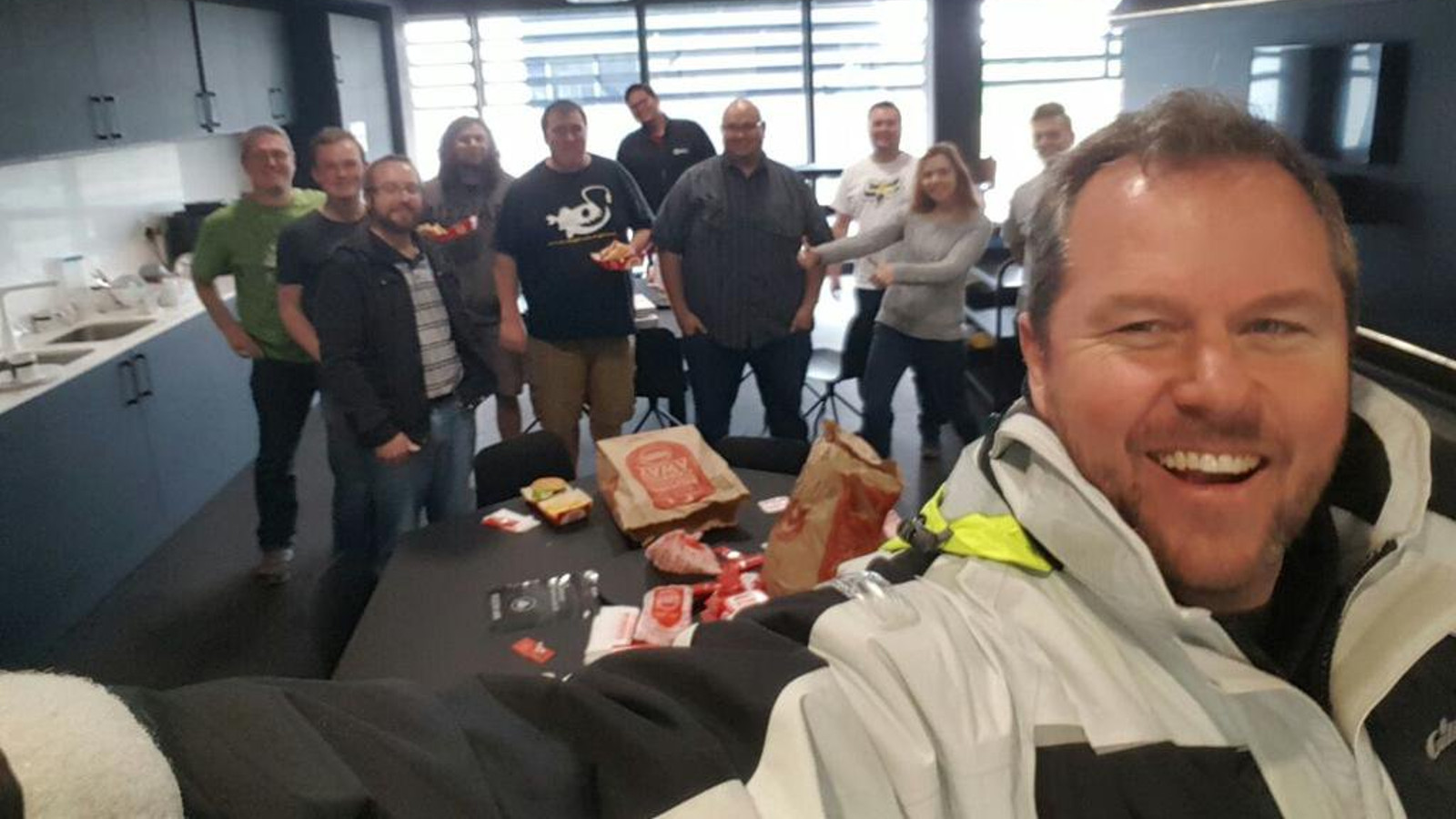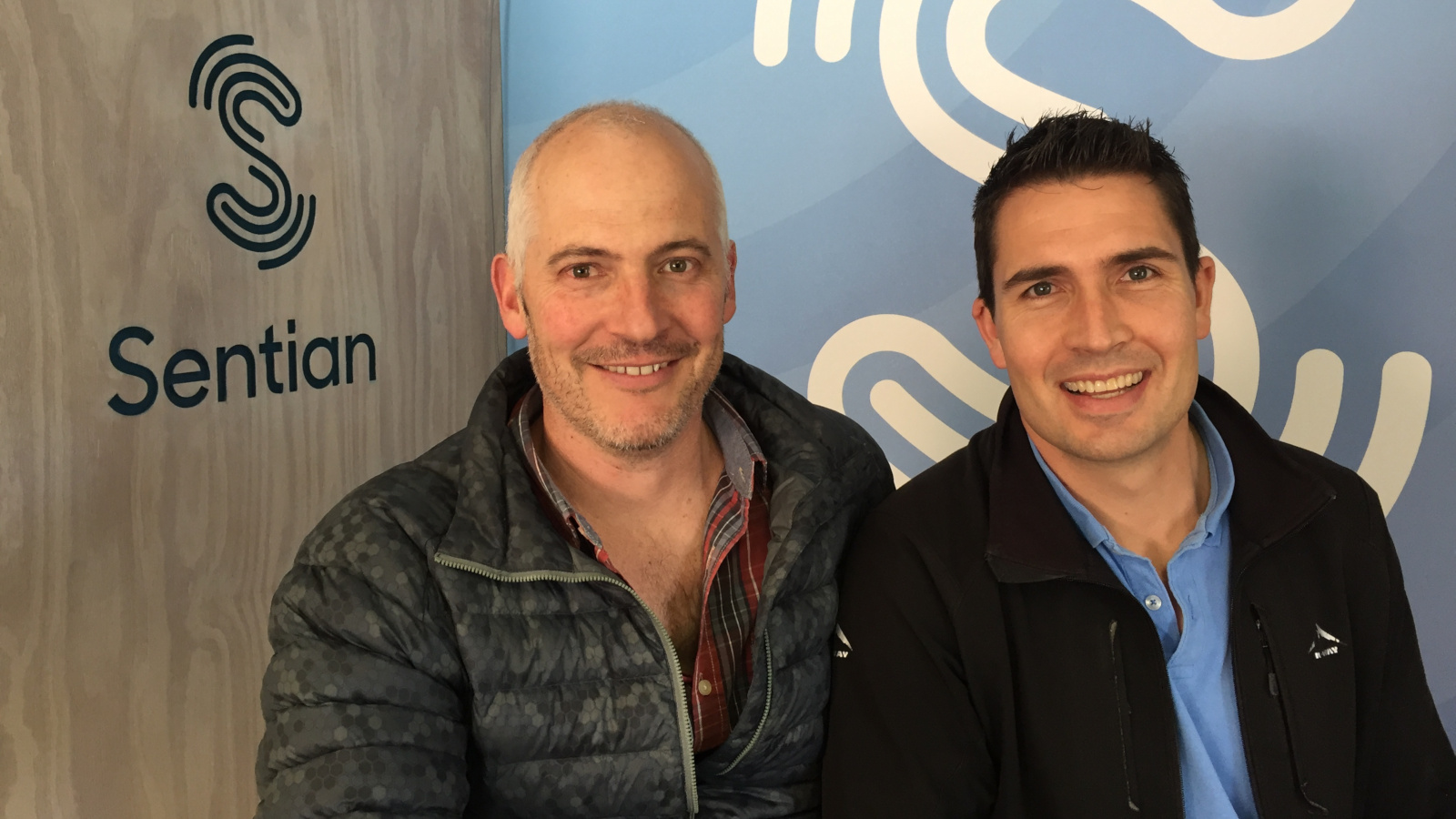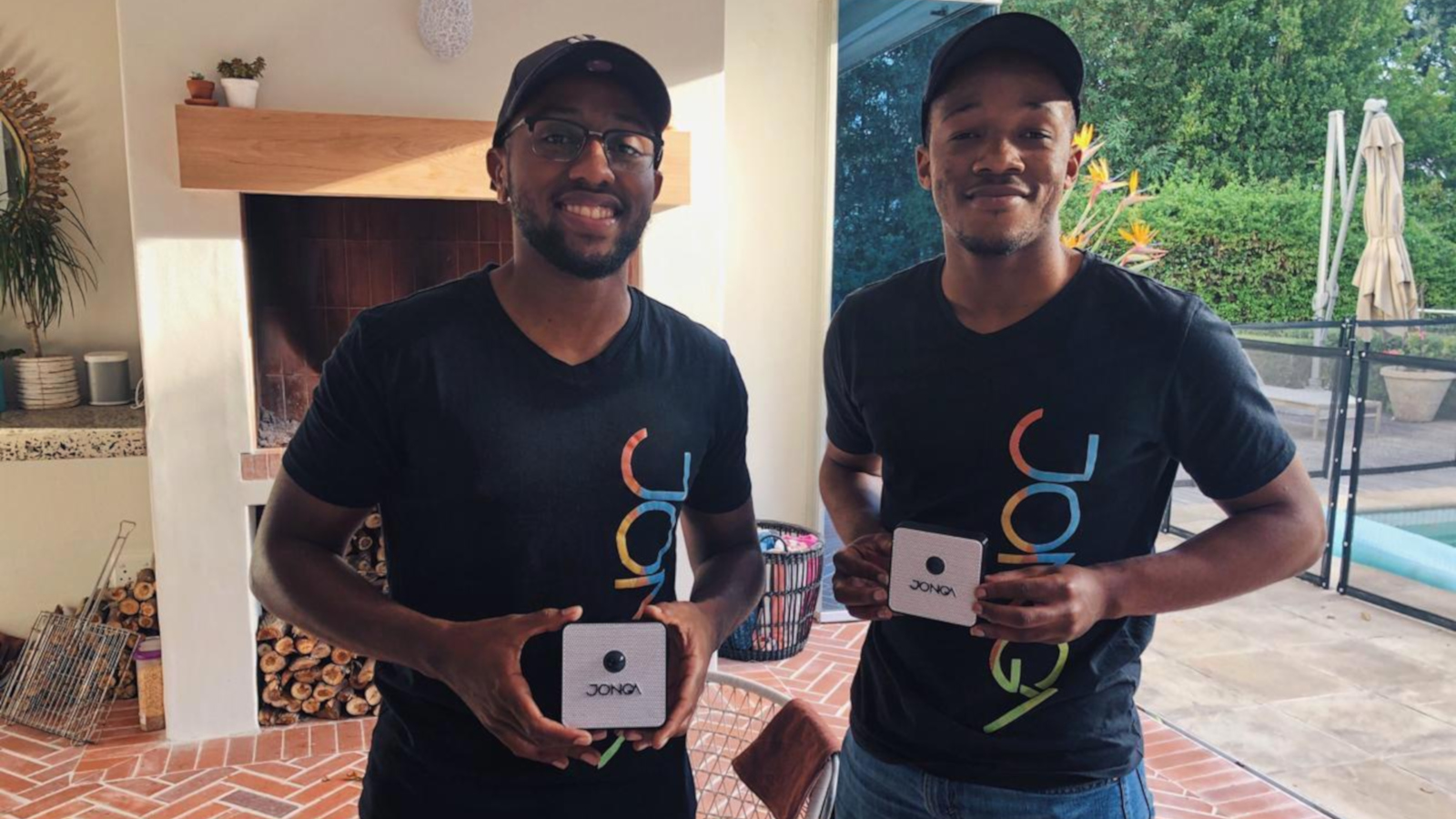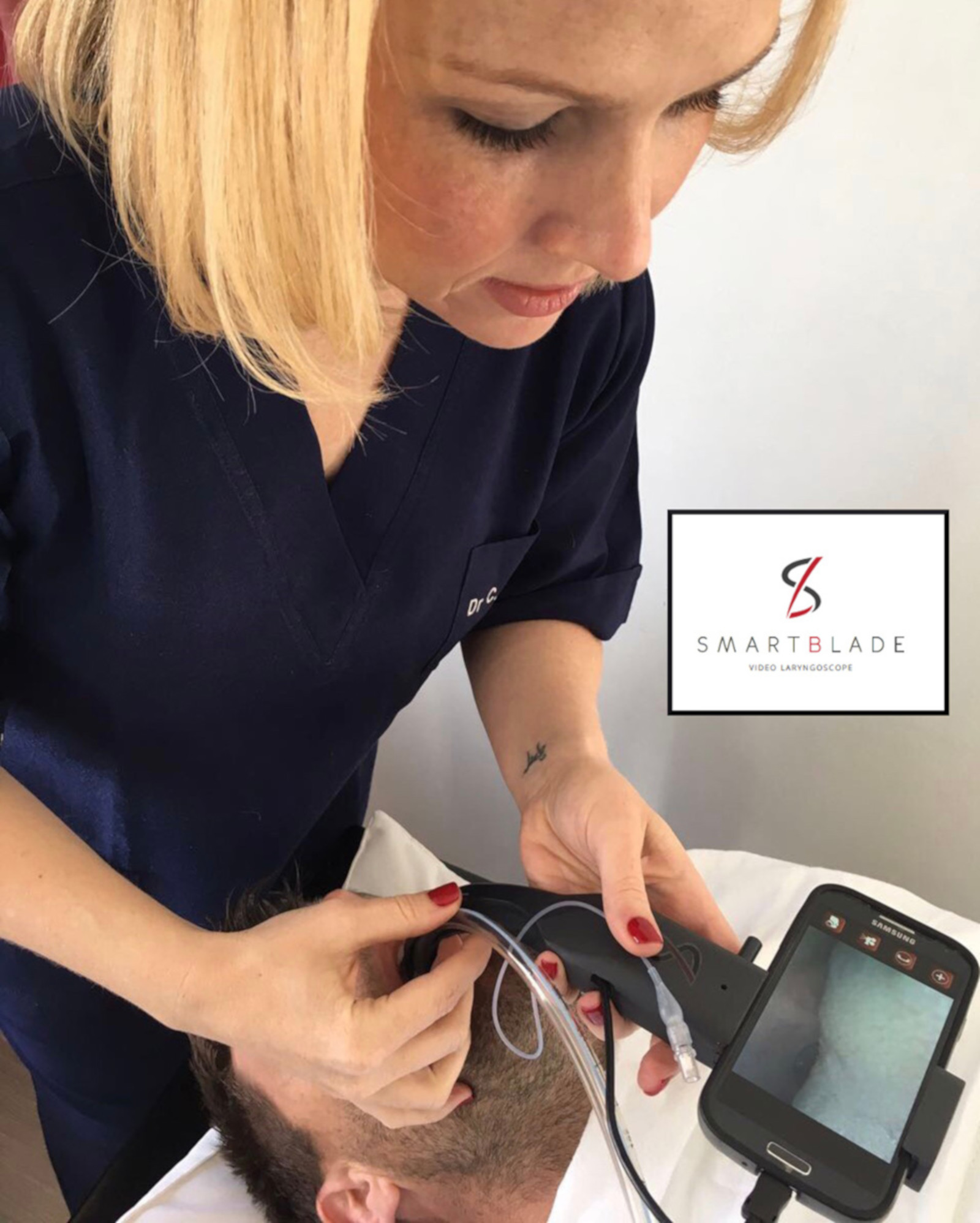LG’s 100-Inch QNED evo AI TV Redefines Big-Screen Viewing in South Africa In a bold leap forward for home entertainment, LG Electronics South Africa…
Here are five SA hardware startups making waves in 2019
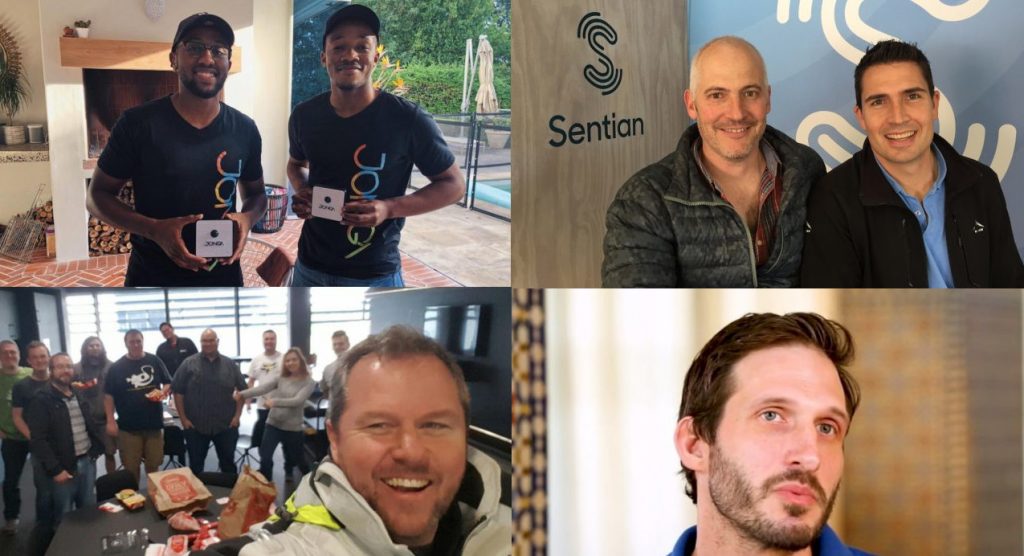
More than many other kinds of businesses, startups that develop hardware solutions arguably face more challenges bringing their solution to market.
The sheer amount of time and money spent on research and development of these solutions, and in some instances issues with regulation, are a few of the reasons it takes hardware products longer to launch than that of their software-only counterparts.
It goes without saying that establishing, raising funding and running such companies is no easy feat.
In light of this, Ventureburn has identified five SA hardware startups that have made waves this year.
We didn’t include Cape Town startup Yoco in the five, but the fintech is worth a mention. Last month it announced that with the launch of new point-of-sale device, it’s looking to double its customer base from 50 000 to 100 000 in the next year ahead of a further fundraising round (see this story from TechCentral).
IoT.nxt
Pretoria-based IoT.nxt focuses on delivering innovative IoT software and hardware solutions. The startup is led by CEO Nico Steyn (pictured above) who founded the company in 2015 with Terje Moen and Bertus Jacobs.
IoT.nxt’s open platform network enables users of the platform to carry out rapid software development and integration.
The startup is also partnering with tech giant Dell to develop an IoT-in-a-box solution using IoT.nxt’s Raptor Device.
In May, mobile network operator Vodacom acquired 51% of the startup for an undisclosed amount (see this story). The deal was approved by the Competition Commission in August (see this story).
In September last year the startup set up a US office in Dallas. This followed the opening of an office in The Hague, in the Netherlands in February last year and a partnership the startup secured with listed Dutch company ICT Group NV.
In September last year, the startup set up a US office in Dallas. This followed the opening of an office in The Hague, in the Netherlands in July 2017 and a partnership the startup secured with listed Dutch company ICT Group NV.
Previously the startup raised R120-million in two rounds — from Talent10, a Midrand-based asset management company which at the time of the Vodacom deal held a 30% stake in the startup.
About 70% of the startup’s revenue last year came from SA businesses based in 16 different verticals including the mining, banking, ports and telecommunication among others. The remainder came from US customers.
The startup has seen massive growth — at least if employee growth is anything to go by. The company has grown to about 150 employees, after having started in late 2015 with just five people, adding about 40 jobs since the end of last year.
IoT.nxt expects to double its staff numbers by the end of this year, mostly through new local hires.
Plentify
Cape Town based smart solar geyser startup Plentify was founded in 2017 by Jon Kornik (pictured above).
Earlier this month the startup won the SA finals of the EDF Pulse Africa innovation contest (see this story).
Plentify has developed a solution which turns turns water heaters into grid-connected thermal batteries which intelligently “recharge” when electricity is abundant on the grid.
By doing so, Plentify improves reliability, decreasing reliance on dirty, expensive generation, which saves households more than 50% of their water heating costs.
The startup does this with an easy-to-install Internet of Things (IoT) controller, a user friendly mobile application and a cloud-based artificial intelligence (AI) engine which turns each water heater on or off, based on the needs of the user and the grid.
Plentify will now participate in the grand finale of the contest which will be held in Paris next month where it stands to receive grants ranging from €5000 to €15 000.
Sentian
Also based in Cape Town, Sentian develops smart security technology products.
The startup was founded in 2013 by Tigue Little and Trevor Lewis (pictured above, left and right, respectively) after the two engineers were personally affected by home break-ins.
Sentian’s flagship product, is the Sentian 3i, which it launched in 2017. The product is an Internet-of-Things (IoT) smart hub that physically connects to existing intruder alarm systems, CCTV cameras and home automation systems, making them smart and easy to control.
Essentially the product places a “virtual control room” in the hands of property owners.
When an alarm is triggered, the Sentian i3 detects which motion sensors were activated and using corresponding camera coverage it immediately sends a 12-second video verification clip to a user’s phone through an app.
Sentian 3i units cost between R9 495 and R12 995, with an ongoing monthly cloud subscription fee of between R169 and R269 which is dependent on the scale of the installation.
Last month, the startup secured an undisclosed round of funding from Johannesburg-based Imfezeko Investment Holdings (see this story).
Little said at the time that the investment will enable Sentian to expand its current reach as well as gain access to new market opportunities.
Towards the middle of next year, Sentian plans to launch a new product range which will cost significantly less than the Sentian i3 and will service the middle income security market.
Earlier this month, Little said the startup employed a team of four permanent staff as well a handful of temporary contractors and that it was looking to hire two more employees.
In 2016, Sentian raised a “multi-million rand” seed investment from WooThemes co-founder Mark Forrester.
Since that seed round Sentian has focused on building its technology platform to support its rapidly expanding B2C business, as well as streamlining its independent installer channel support infrastructure.
The startup was last year selected to be a part of the fourth Grindstone accelerator cohort (see this story).
Jonga
Jonga is a Cape Town based security startup that was founded in 2016 by mechatronics engineer Ntsako Mgiba and business science graduate Ntando Shezi (pictured above, left and right, respectively).
The startup has developed a low-cost home monitoring security system which consists of an Internet of Things (IoT) motion sensing device and a mobile app.
Jonga claims it has manufactured and tested working prototypes in Khayelitsha, Cape Town. It is not clear how many of these devices have been deployed or whether they have been able to reduce the incidence of burglaries when deployed.
When triggered, and after confirming with the owner that the alarm is genuine, the devices send notifications to members of an owner-built distribution list which can include neighbours, family, police and security firms.
In August, the Savant Venture Fund — the venture capital arm of Cape Town hardware incubator Savant — invested an undisclosed amount in the startup.
At the time, Jonga’s founders said they intend to use the investment to manufacture about 1000 devices for its market launch, gain market traction and to finance a commercial proof-of-concept which the startup hopes will help it to facilitate more venture capital investment.
Mgiba said the devices will cost R600 a unit, with an added R70 per-month subscription fee which covers maintenance and data costs.
Before its latest deal, Jonga — which joined Savant in 2016 — had raised R1.9-million in seed and angel funding.
The startup’s investors include the Technology Innovation Agency (TIA) and angel investors Dale Williams, Melvyn Lubega and Mark Forrester.
Smartblade
Smartblade is a Cape Town based medtech startup founded in 2016 by husband and wife duo Nick Nevin (who serves as managing director) and specialist anaesthesiologist Dr Caroline Corbett (pictured above).
The startup has developed a device, which consists of a smartphone app that is linked to a video laryngoscope, that enables single operators of varied skill levels to intubate difficult airways.
In June, the startup raised R9.5-million from Savant to acquire moulds to manufacture its device and to attain certification which includes US Food and Drug Administration (FDA) registration (see this story).
At the time the funding was announced, Nick Nevin said the startup had begun independent mannequin trials with an international airway expert and added that clinical trials would soon follow.
The startup has raised around R2-million in funding since launch. This includes self-funding, prize money, angel investment, government seed funding through the TIA and the Small Enterprise Development Agency (Seda).
Smartblade intends to manufacture the device locally and the startup has said that consumer and non-consumer markets have been requesting orders for the device.
It’s not yet clear how much the device will cost, however Nevin has said the price point will be “very competitive and certainly affordable” to the individual clinician, or end user. This, he said will be “a first” for a device of this type in this market space.
Dr Corbett is one of the nominees in the Tech Entrepreneur Award category at the 2019 Africa Women Innovation and Entrepreneurship Forum (Awief) Awards which will be held in Cape Town next Wednesday (30 October).
Read more: Vodacom acquires 51% of SA startup IoT.nxt [Updated]
Read more: Smart solar geyser startup Plentify wins EDF Pulse Africa SA
Read more: SA startup Sentian raises funding to help expand market for its IoT security device
Read more: Savant Venture Fund invests in security device startup Jonga [Updated]
Read more: SA hardware tech incubator Savant invests over R9m in medtech startup SmartBlade
*Correction (21 October 2019): IoT.nxt opened an office in The Hague, in the Netherlands in July 2017 and not February last year as we had it in the initial version.

